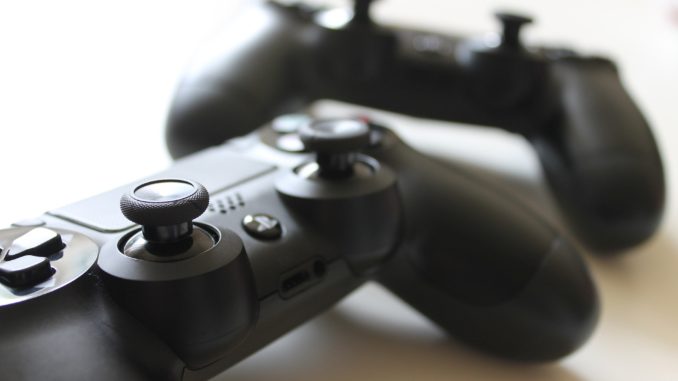
In September of 1997, a revolutionary PC RPG was released. I was a month away from my ninth birthday, and oblivious. A few years later, I picked up a game that caught my eye in a bin at some store. The box said something about wastelands, and there was a screenshot of a guy shooting a flamethower at a giant scorpion. I was intrigued, lamented my lack of funds, and moved on. A few more years later, I was in middle or high school, poking around Walmart for cheap games, and came across one of those jewel-cased, old game bargains: Fallout and Fallout 2, together for ten bucks. “Hey, this looks kind of like that game I saw a few years ago,” I said, and the rest is history.
Fallout was my first experience with RPGs. It was a rocky one. Those little jewel cases didn’t have manuals, so I had to figure everything out by trial and error. The controls were completely alien to me, as someone whose gaming experience was 90% FPS and RTS. It was months before I realized that a click could be held to bring up a menu of extra actions (like examining a gun to see what kind of ammo it took; I had relied on guessing for months). Both games were also bigger than anything I’d played before, and I was frequently distracted and overwhelmed by their sheer scope. Curiosity saw the death of countless characters as I blundered them into corners of the sandbox they had no business in. But I kept coming back.
Why? Not the unique, future-of-the-50s setting, the award-winning gameplay, or the acclaimed story. It was character creation. Yes, the RPG-est element of my first RPG was what hooked me. The idea that I could play as not just a dumb bruiser, noodly brainiac, or shady rogue, but as any one of thousands of points between them blew me away. I played the first hour or two of dozens of characters, just trying out different builds. Then I discovered that particularly high or low SPECIAL scores had dramatic effects on gameplay. Low-Intelligence characters had conversations limited to grunting while those with high Luck would come across particularly weird random encounters. I could play a completely different game just by changing who I played it as. I was in awe.
Over the years, Fallout kept pulling me back. This was before the days of games tracking every minute of play, but I’m sure I racked up an easy 500 hours in the wasteland. Sure, I’d play lots of other stuff, too, and probably clocked similar time on various GTAs—but Fallout was never uninstalled, just in case. In college, when I was devoting all-night binges to Fallout 3, I’d still pop that 12-year-old disc for some compatibility-mode nostalgia every now and then. Even if the graphics or controls didn’t age well, the story remained solid, and the world was completely engrossing. But more than anything, the retrofuturist style of that world stuck with me.
I’ve always had a thing for the look and feel of 1940s and 50s technology, so I can’t give Fallout all the credit for inspiring my collection mid-century sci-fi movies and books, or the antique appliances that serve as home decor. But it did stoke that fire early on, giving me a fix in my dial-up days, when I was oblivious about how to find more. In a broader sense, it turned me on to the concept of a post-apocalypse. By the time I graduated high school, Fallout was my only evidence that the post-apoc genre need not be zombie-based. Sure, now I know better, but my horizon-expanding skills have improved a lot since then.
Look, I’m not saying that without Fallout, I wouldn’t be who I am today. But I can say that I probably would have been much slower to delve into classic sci-fi. My own fiction wouldn’t have as heavy a pulp influence, and my forays into post-apocalypse writing would almost certainly have been zombie- rather than wasteland-flavored. Worst of all, I might have been more hesitant about RPGs, coming to the tabletop side of them even later than I did (age 18 or 19, for the curious). Maybe I never would have had the Pathfinder group that hooked me up with odd jobs here and there to get me through unemployment, or my current Star Wars group that’s made me a couple of new friends and kept me in touch with a Navy buddy despite his globetrotting. And I could be reaching, but maybe I never would have found d20 Radio—and what kind of life would that be? Speculation aside, the fact remains: Fallout might not be the best game I’ve ever played (though I’d be hard-pressed to name a definite #1), but it’s almost certainly the most important.
